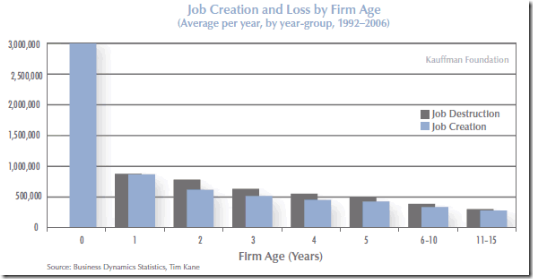Common Core’s English Language Arts & Literacy [pdf] in History/Social Studies,
Science, and Technical Subjects doesn’t sound too bad, but there are some “interesting” or peculiar topics that make me go “hmmm.”
First is, U.S. Environmental Protection Agency/U.S. Department of Energy.
Recommended Levels of Insulation. Really? You are going to make students read this? Now, if you want to read this as an adult. Fine, okay by me. “Enjoy” yourself. But students? If one had a suspicious mind one would think Common Core is trying to convert the students into environmentalists. Or even believers in big gov’t. Before you know it teachers will be telling students to have their parents follow this advice. You know for the sake of the planet.
Next is, Calishain, Tara, and Rael Dornfest. Google Hacks: Tips & Tools for Smarter Searching, 2nd Edition. Okay, I have nothing against this book or Google for that except Google isn’t the only search engine on the internet. For example, there is Bing, Yahoo!, Ask, Dogpile, DuckDuckGo (never heard of that one?), or even Blekko (another one you might not have heard of), etc. Okay, if you have to have search tips in a book, Yahoo! was the only other search engine that had a search tip book. (I actually checked on Amazon.com). Google actually has search tips on its website. Dharmesh Shah (don’t know him) has an “12 Quick Tips to Search Google Like an Expert” entry on his blog. So, you don’t even have to buy the Google Hacks book. Bing.com also has it own tips and tricks webpage.
Then there is, U.S. General Services Administration. Executive Order 13423: Strengthening Federal Environmental, Energy, and Transportation Management. More exciting reading. Not! Why make any student read this? Unless you’re trying to have them believe that over-regulating is a good thing. See what Big Gov is doing to for you!
Also, there is Ray Kurzweil’s “The Coming Merger of Mind and Machine.” Scientific American Special Edition January 2008. I have read this guy’s books. He’s an interesting writer. Basically, what he wants to do is in the future to have it so a person can upload his mind to a computer. Basically, this is a kind of immortality. You would have to have really good protection from viruses, worms, and other malware. Also, you would have to protect against cosmic rays and EMP attacks. Not sure if this technically feasible.
Finally, there is Atul Gawande’s “The Cost Conundrum: Health Care Costs in McAllen, Texas.” The New Yorker June 1, 2009. Guess what this is a plug for? You guessed it—Obamacare. There is even a quote from Obama saying that health care costs are threat to this nation’s balance sheet.










